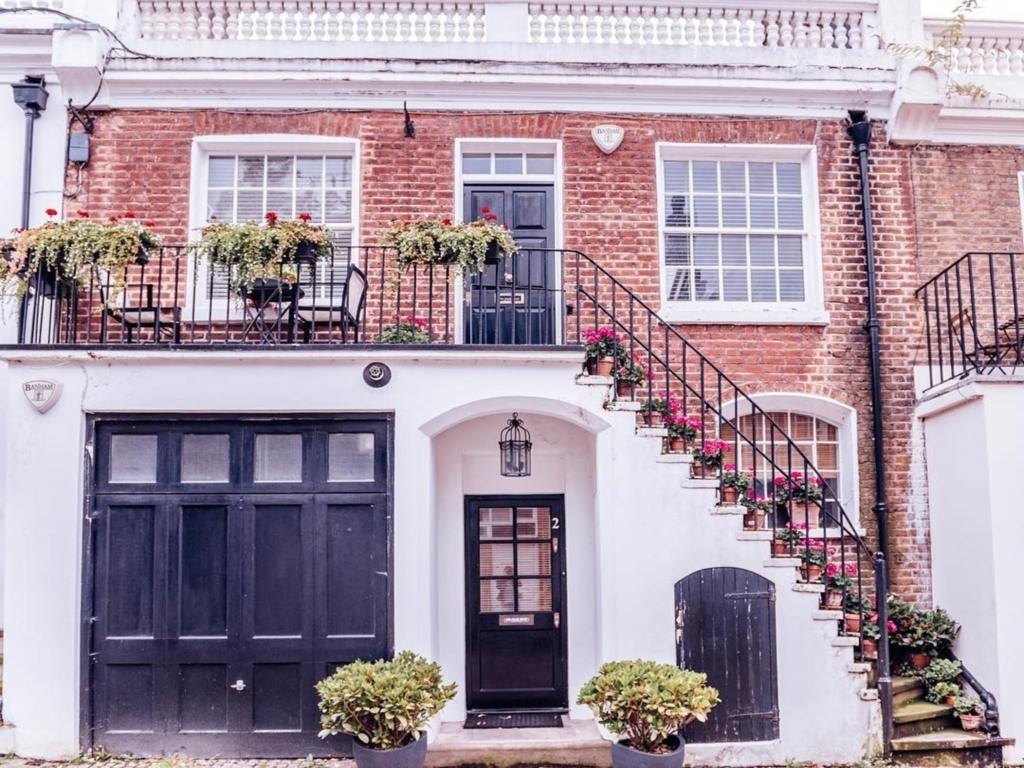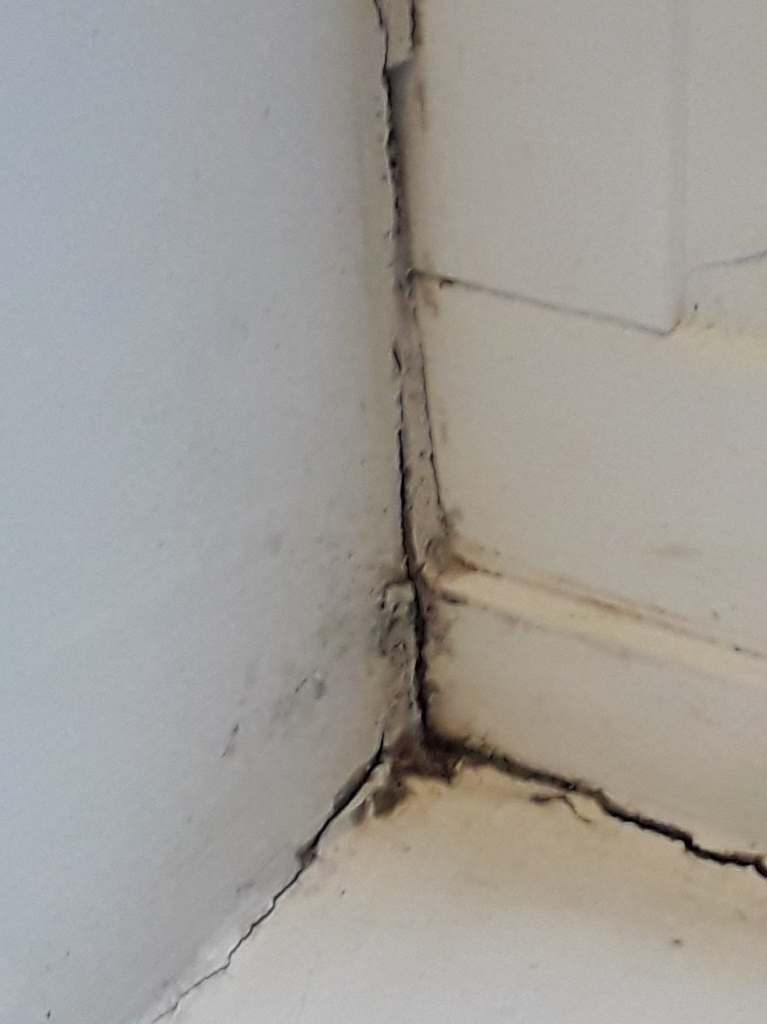The Ultimate Apartment Moving Checklist
It’s nearly impossible to deal with moving out to a new apartment and avoid procrastination. An enormous amount of things, appliances, clothes you didn’t realize you have can easily get you overwhelmed. How many empty boxes do you need to pack all your stuff? Which room needs to be packed first? Where to start? Below, … Read more









